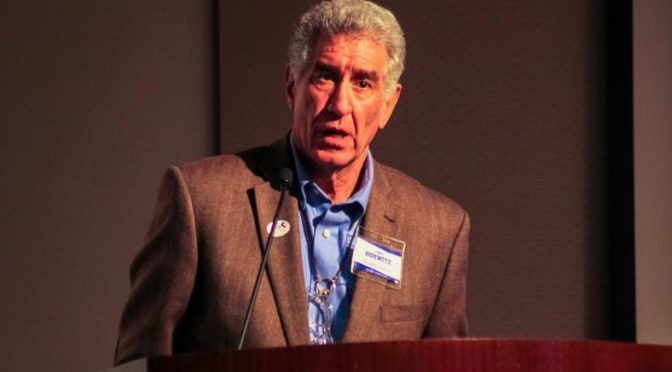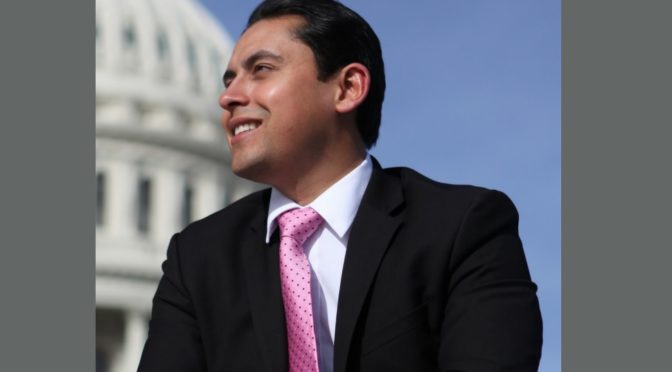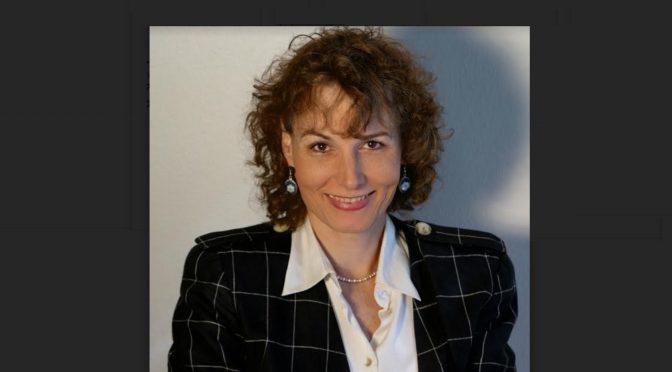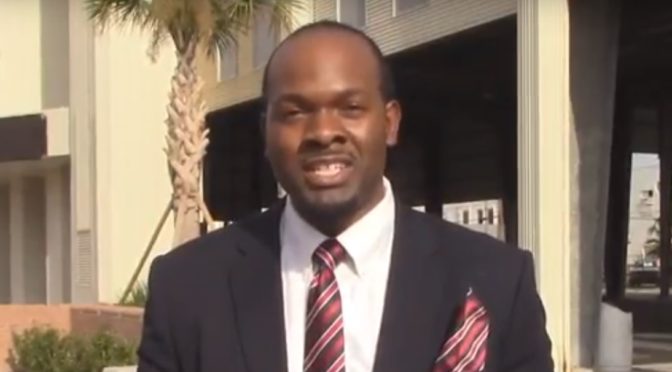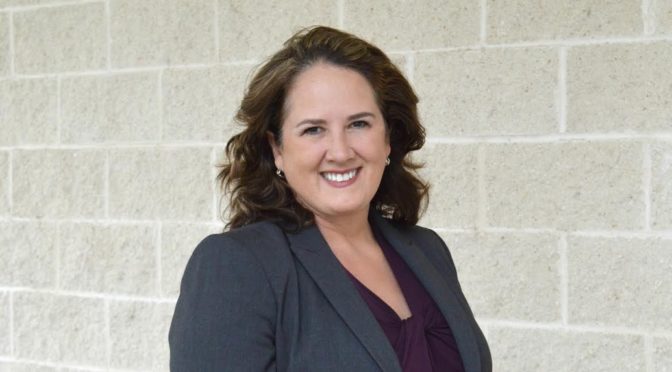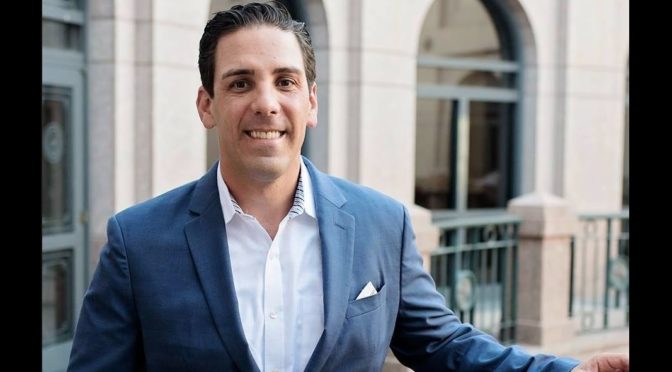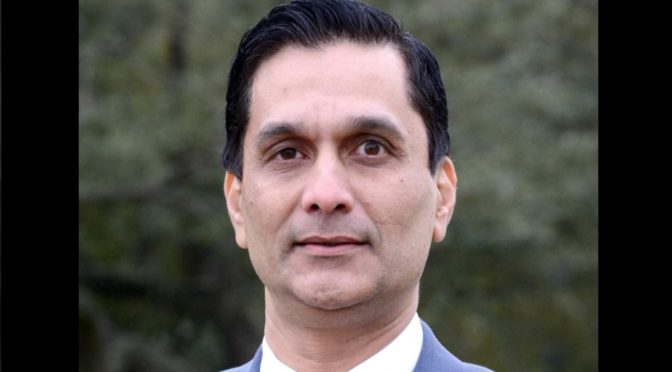TLCQ 2018: James Horwitz
In the Fifteenth installment of the 2018 Texas Leftist Candidate Questionnaire, we hear from James Horwitz, candidate for Harris County Probate Court- Number 4.
Please note: Responses have been received directly from the candidate, and have been posted ver batim from the email received. This is done out of fairness to all candidates. Publishing … Continue Reading ››
